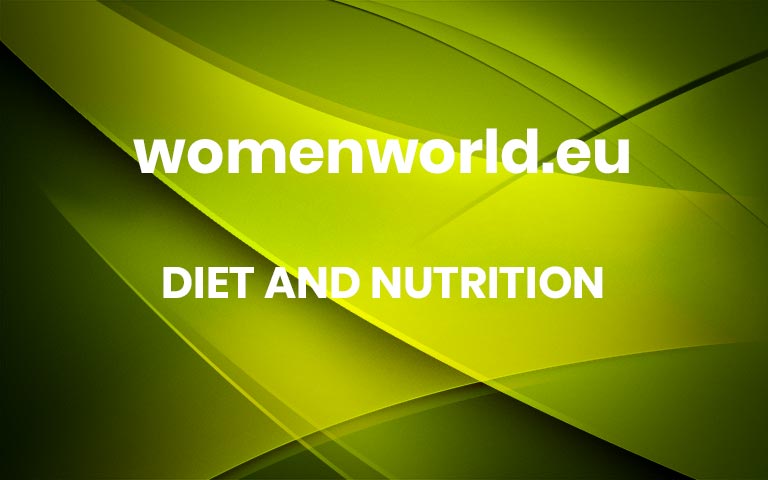Um, A Scary 50% Of SA Women Are Iron Deficient
It’s the end of the year and you might be feeling a bit run down — totes normal. But if your tiredness is accompanied by heart palpitations, shortness of breath and craving non-food items like baby powder or soil, it might be a sign of iron deficiency (ID). ID is the world’s leading nutrient deficiency, affecting around a whopping 2 billion people worldwide. And in South Africa, it’s estimated that 50% of women may be iron deficient. That’s a huge number and moreover, it surpasses the global average.
“Iron deficiency occurs when iron reservoirs in the body become depleted,” explains Dr Jarrad van Zuydam, a sports medicine physician with a special interest in the medicine of cycling and other endurance sports. “The most common cause is an inadequate dietary intake of iron. When your iron levels are low, your cells are receiving less oxygen making it harder for your body to generate energy.
READ MORE: 11 Symptoms Of Breast Cancer In Women That Aren’t Lumps
Who’s at Risk?
Anyone is at risk of iron deficiency but women of reproductive age are more likely to be at risk. During menstruation, you lose blood which contains iron, which is one of the reasons you may experience symptoms of low iron during that time of the month. If you aren’t supplementing that loss by eating a diet rich in iron, you could become ID over time. Pregnancy can also cause you to become ID, this is because when you’re expecting you need almost double the normal amount the average woman needs. And once you’ve had your baby, iron levels can remain low due to blood loss during delivery.
“In my practice, I come across iron deficiency anaemia on a daily basis. Factors such as pregnancy, delivery, miscarriages, heavy menstruation, as well as poor iron intake, are some of the most common attributable causes,” says Dr Claire Godwin, a General Practitioner at Premier Health Centre who specialises in women’s healthcare. “Often, the women I see are so used to running on fumes with young children, busy careers, or being caregivers to others that they don’t even realise how they are feeling is a symptom and not just a consequence of their day-to-day stressors. Education around ID is imperative if we want to help more women function at their best.” The bottom line? If you’re feeling exhausted, get your iron levels checked or start supplementing.
Biogen Iron + Vitamin C
Vitamin C helps the body absorb iron better, so this duo packs a punch.
Ferrimed
This gold-standard iron supplement is recommended by doctors.
Solgar Gentle Iron
This supplement is easy on the stomach and doesn’t cause constipation.
READ MORE: Cycle Syncing: How (And Why!) To Tweak Your Workouts, Diet And More Around Your Menstrual Cycle
Signs of Iron Deficiency
Fatigue
Unusual tiredness is one of the most common symptoms of iron deficiency affecting more than half of those who are deficient. Your body needs iron to make the protein haemoglobin, “Haemoglobin in the blood carries oxygen from the lungs around the body, cells use the oxygen delivered to them to generate the energy needed for cellular processes.”, explains Dr Van Zuydam. When your haemoglobin is low, less oxygen is reaching your tissues and muscles, making them feel weaker. Your heart then has to work harder to move more oxygen-rich blood around your body. This tiredness is often accompanied by crankiness, difficulty concentrating and poor productivity.
Shortness of breath
Given that iron deficiency causes a lack of haemoglobin, oxygen levels will be low too. This results in your breathing rate increasing as your body will try to make more oxygen.
Frequent headaches
The lack of haemoglobin means that not enough oxygen is reaching the brain. This causes the blood vessels in the brain to swell, causing pressure and headaches.
Dry hair and skin
When your body lacks oxygen, it will direct the limited oxygen for more important functions like your organs and tissues. This lack of oxygen causes them to become dry and weak. That means your hair, skin, and nails won’t be getting love.
Strange cravings
Many people who have low iron, experience something called pica. Pica is a craving for items that aren’t considered edible, like dirt, chalk, paper or ice. Other symptoms include:
Weakness
Pale skin
Cold hands and feet
inflammation or soreness of your tongue
Poor appetite
READ MORE: Millions of Women Struggle With PCOS In South Africa, So Let’s Unpack It
What you can do to raise your iron levels
Iron is essential for healthy bodily functions, meaning that you need to ensure that your diet is up to par. There are two forms of dietary iron: heme and nonheme. Heme iron is derived from haemoglobin, so you will find it in meat, fish and poultry. You can find nonheme iron mostly in plants and legumes. A list of heme and nonheme foods include:
Beef or chicken liver
Breakfast cereals enriched with iron
Beans
Tofu
Dark green leafy vegetables
Pumpkin, sesame, or squash seeds
Red meat
Oily fish
Nuts
READ MORE: This Is Why You’re Starving After An Intense Day At The Office
Women’s Health participates in various affiliate marketing programmes, which means we may get commissions on editorially chosen products purchased through our links to retailer sites. More



